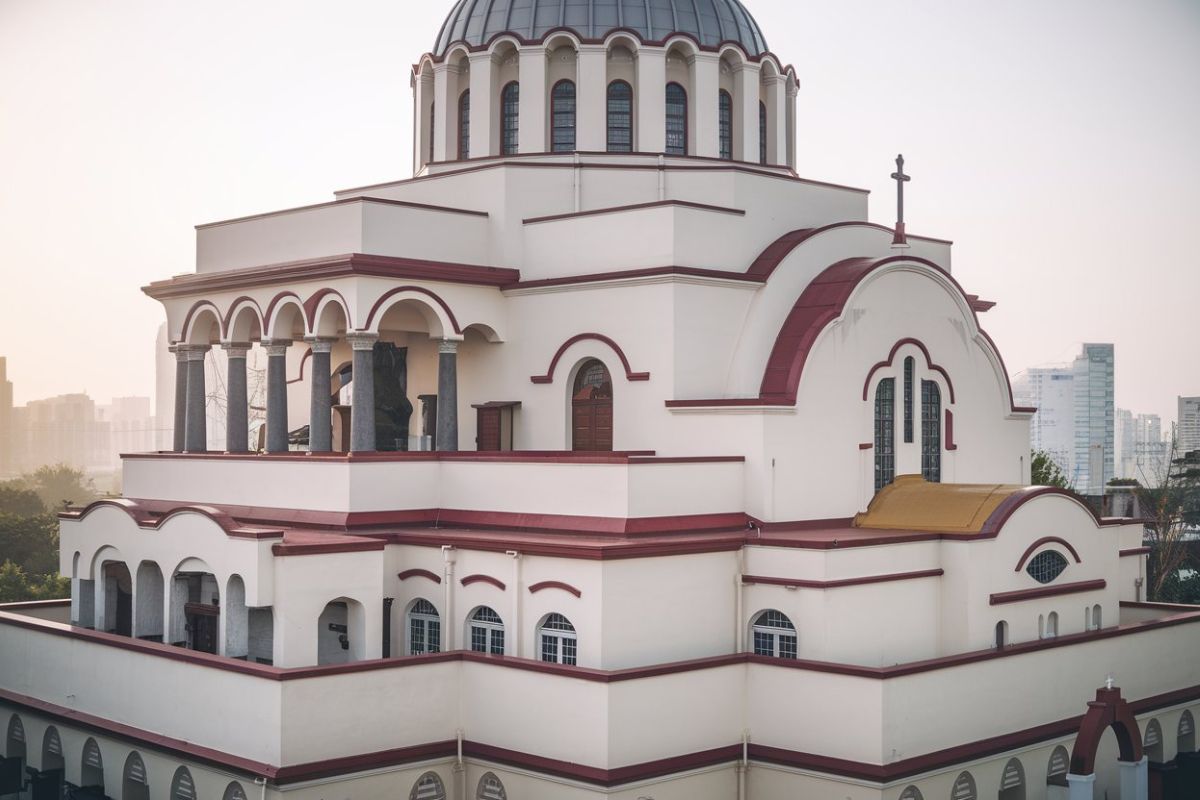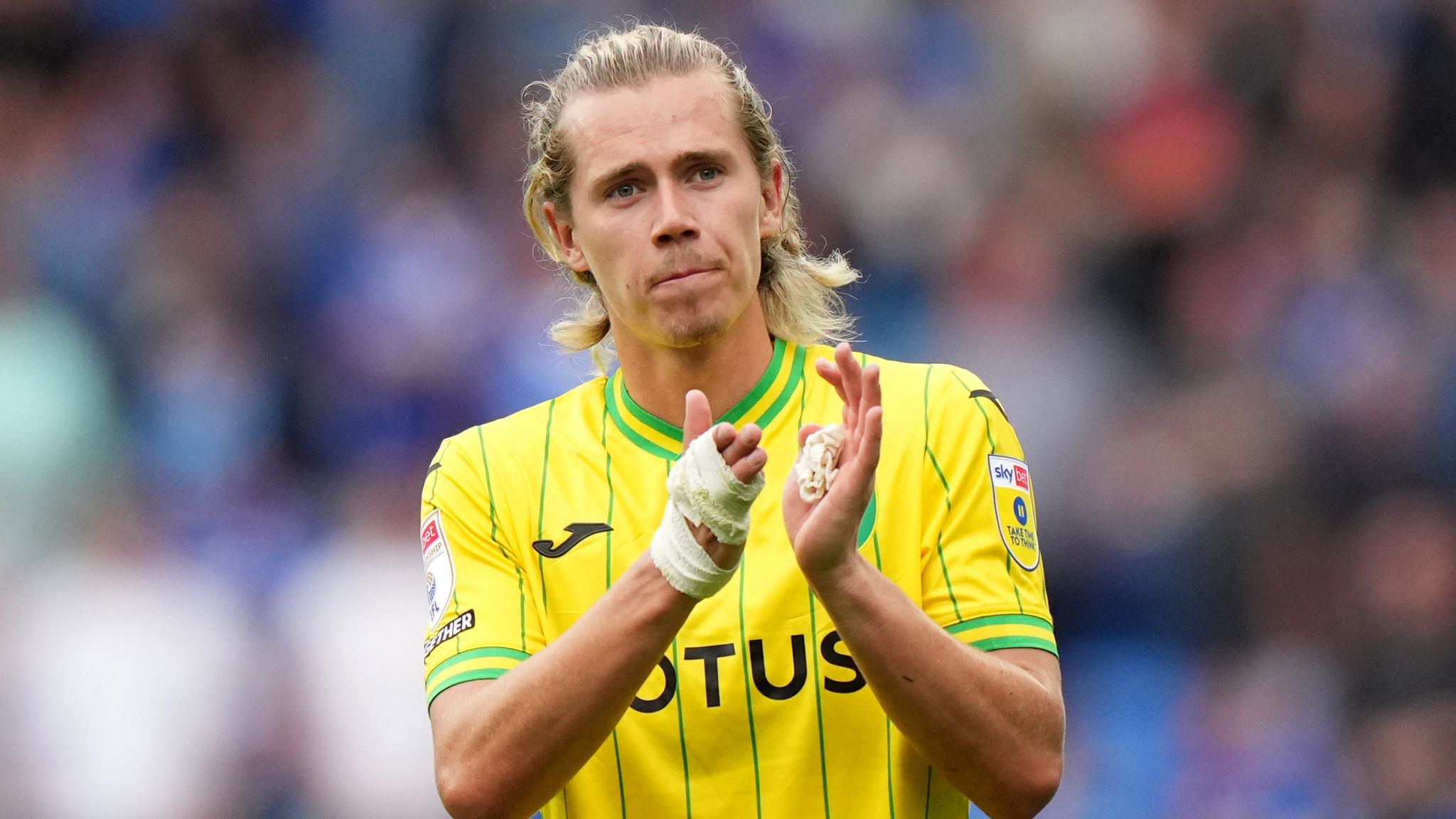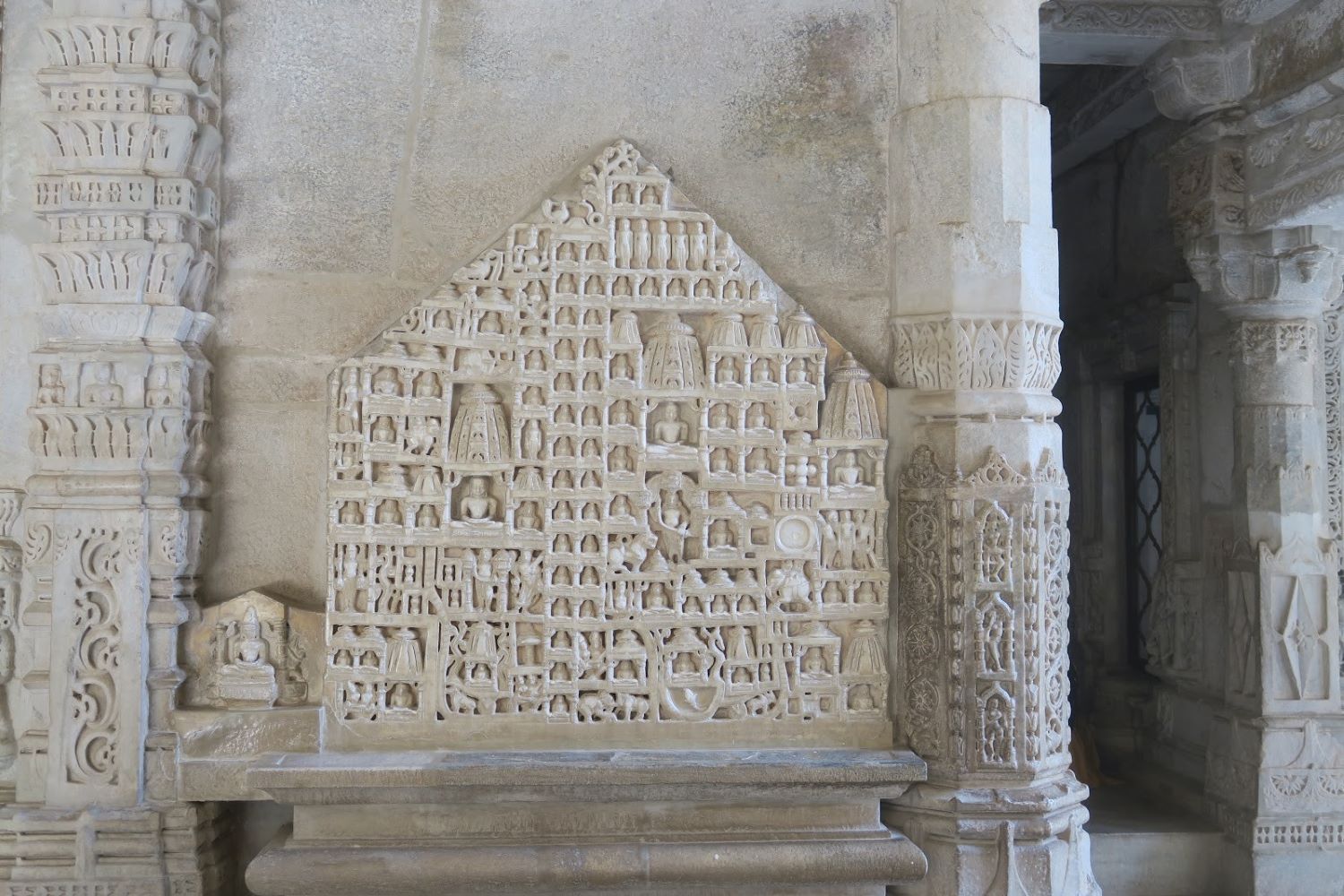
What makes the Universal Church unique? The Universal Church, also known as the Universal Church of the Kingdom of God (UCKG), stands out for its global reach and distinctive practices. Founded in Brazil in 1977 by Edir Macedo, this Christian denomination has grown rapidly, boasting millions of followers worldwide. Its emphasis on prosperity theology—the belief that faith can lead to financial success—sets it apart from many traditional churches. Services often include dramatic exorcisms and testimonies of miraculous healings, drawing large crowds. The church's media empire, including TV channels, radio stations, and newspapers, helps spread its message far and wide. Critics argue that its aggressive fundraising tactics are controversial, but supporters claim these methods fund vital community services. Whether you view it as a beacon of hope or a subject of debate, the Universal Church undeniably leaves a significant mark on the religious landscape.
Origins of the Universal Church
The Universal Church has a rich history that spans centuries. Here are some fascinating facts about its beginnings and evolution.
- The Universal Church, also known as the Catholic Church, traces its origins back to Jesus Christ and the apostles.
- It is believed that Saint Peter, one of Jesus' apostles, was the first Pope.
- The term "Catholic" means "universal" in Greek, reflecting the church's mission to spread Christianity worldwide.
- The Edict of Milan in 313 AD, issued by Emperor Constantine, granted religious tolerance to Christians, significantly aiding the church's growth.
- The First Council of Nicaea in 325 AD was the first ecumenical council, establishing foundational doctrines for the church.
Structure and Hierarchy
The Universal Church has a complex and well-defined structure. Let's delve into some key aspects of its organization.
- The Pope, based in Vatican City, is the supreme leader of the Universal Church.
- Cardinals are senior church officials who advise the Pope and elect his successor.
- Bishops oversee dioceses, which are regional church districts.
- Priests serve local parishes, conducting services and providing spiritual guidance.
- Deacons assist priests and bishops in various church functions.
Beliefs and Practices
The Universal Church is known for its distinct beliefs and practices. Here are some core elements that define its faith.
- The Nicene Creed is a statement of faith recited during Mass, summarizing key Christian beliefs.
- The Seven Sacraments, including Baptism and Eucharist, are central to Catholic worship.
- The concept of the Holy Trinity, which includes God the Father, Son, and Holy Spirit, is fundamental to Catholic doctrine.
- Catholics believe in the authority of the Bible and Sacred Tradition.
- The practice of Confession allows believers to seek forgiveness for their sins through a priest.
Global Influence and Reach
The Universal Church has a significant presence worldwide. Here are some facts about its global impact.
- There are over 1.3 billion Catholics globally, making it the largest Christian denomination.
- The church operates numerous schools, hospitals, and charitable organizations worldwide.
- Missionaries have played a crucial role in spreading Catholicism to different parts of the world.
- The Vatican City, an independent city-state, serves as the administrative and spiritual center of the church.
- World Youth Day, initiated by Pope John Paul II, gathers millions of young Catholics from around the globe.
Cultural and Historical Contributions
The Universal Church has made substantial contributions to culture and history. Here are some noteworthy examples.
- The church has been a patron of the arts, commissioning works from renowned artists like Michelangelo and Leonardo da Vinci.
- Gregorian Chant, a form of plainchant, originated in the Catholic Church and influenced Western music.
- The church played a pivotal role in preserving knowledge during the Middle Ages through monastic libraries.
- Many universities, including Harvard and Oxford, have roots in Catholic education.
- The church has been involved in significant historical events, such as the Crusades and the Reformation.
Modern Challenges and Adaptations
The Universal Church continues to face and adapt to modern challenges. Here are some current issues and responses.
- The church has addressed issues of sexual abuse within its ranks, implementing stricter measures for accountability.
- Pope Francis, elected in 2013, has emphasized social justice, environmental stewardship, and interfaith dialogue.
- The church has adapted to modern technology, using social media and online platforms to reach followers.
- Efforts to engage youth and address declining church attendance have been a focus in recent years.
- The church continues to navigate complex issues such as LGBTQ+ rights, gender equality, and bioethics.
Final Thoughts on Universal Church
Universal Church has a rich history and a global presence. From its humble beginnings in Brazil, it has grown into one of the largest religious organizations worldwide. Its focus on faith healing, community outreach, and media presence has attracted millions of followers. Despite controversies and criticisms, the church continues to expand, adapting to modern times while maintaining its core beliefs.
Understanding the Universal Church means recognizing its impact on millions of lives. Whether you agree with its practices or not, there's no denying its influence. The church's ability to connect with people from diverse backgrounds speaks volumes about its reach and adaptability.
So, next time you hear about Universal Church, you'll have a better grasp of what it's all about. Keep these facts in mind, and you'll see why it remains a significant force in the religious world.
Was this page helpful?
Our commitment to delivering trustworthy and engaging content is at the heart of what we do. Each fact on our site is contributed by real users like you, bringing a wealth of diverse insights and information. To ensure the highest standards of accuracy and reliability, our dedicated editors meticulously review each submission. This process guarantees that the facts we share are not only fascinating but also credible. Trust in our commitment to quality and authenticity as you explore and learn with us.


